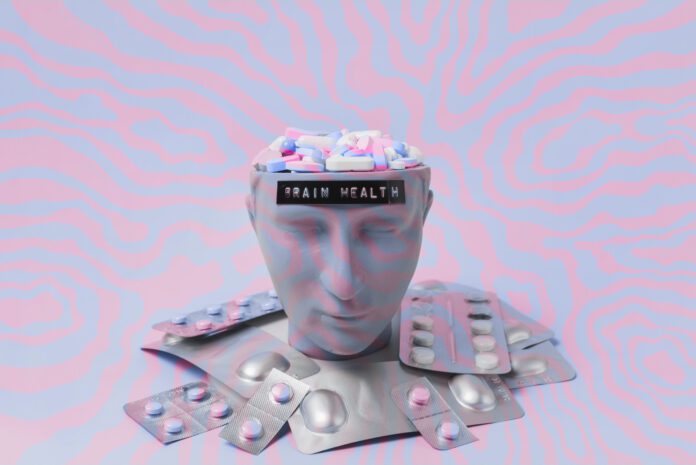A downward spiral is a situation defined by a series of negative feelings, thoughts, or actions that you feed yourself repeatedly, resulting in a depressive condition becoming progressively worse. A downward spiral is typical in people battling depression. It can be hard to realize the downward trajectory of your depression while in a spiral.
Your family and friends may easily recognize the trajectory of the spiral. Hence, a different perspective is needed to reverse or permanently stop the downward spiral of your depression situation. It would help if you learned and recognized the signs of your downward spiral, as it can be a life-changing move for your mental health. The good news is that you can reverse the downward spiral using the right tools and proper support.
Self-Care Activities
The best way to break out of a downward spiral is by finding things you enjoy doing and things that are good for you. Try reading a book, walking, or even learning a new hobby. Activities promoting mental and physical wellness can reduce stress and anxiety and increase self-esteem. These activities can also prevent mental health-related issues and improve the quality of life.
Don’t just think of activities that you enjoy doing alone. You can also incorporate activities that you enjoy doing with friends and family. Keep a list of the activities ready, and stay active with activities such as riding a bike, running, or accompanying your friends to watch a movie or a TV show.
Practice self-care through meditation and mindfulness, as these activities can help you recognize your emotions and help you stay present in the moment. Start with small goals and transition to ways to reduce feeling overwhelmed.
Challenge Negative Thoughts
You will likely be overwhelmed with negative thoughts whenever you are in a downward spiral. These negative thoughts that come naturally can distort the way you perceive reality and send your emotions into a negative and out-of-control spiral. The negative distortions you are likely to experience include thinking that the world is against you, thinking of the worst in every situation, blaming yourself for everything that goes wrong, and labeling yourself negatively.
To challenge these negative thoughts, evaluate facts, modify your internal dialogue, and refute negative thoughts. Evaluate and understand your thought patterns to replace negative thinking with positive and more helpful ones. Practice meditation and mindfulness to decenter you from depressive thoughts and feelings. Start a thoughts diary and focus on gratitude.
Positive Self Talk
A positive self-talk is an internal dialogue that reassures you of how good you are and makes you feel good about yourself. Positive self-talk can help you stay optimistic and feel motivated. It can be a mix of unconscious and conscious beliefs, which influence your thought and emotion patterns. The positive self-talk strategy focuses on helping you identify traps that set you for negative self-talk, make use of positive affirmations, be in control of your emotions, and build healthy boundaries.
Positive self-talk can boost your confidence, reduce stress, build resilience, and improve your overall mental health. Positive self-talk includes affirmations such as “I feel strong,” “This week I have accomplished the following,” “I accept myself for who I am,” “Today I am grateful, and I did my best to come this far.”
Reach Out for Support
Having people, you can talk to or can help you break out of a downward spiral for good. These people can be your close friends, family, or professional support from an inpatient and outpatient rehab center in Florida. When choosing friends and family to confide in, choose people who give you the feeling of safety and trust. When you reach out for support from people you trust, you’ll feel comfortable opening up and be more willing to share what you are going through.
Seeking professional help is crucial as a professional will give you strategic tips to handle your mental issues. It can provide additional insights and suggestions for your anxiety and stress problems. At the basic level, treatment can stabilize your emotions, and treating depression is just as critical as treating any other health condition.
Understand What Causes a Downward Spiral
Now that we have learned how to reverse the downward spiral effect, it is equally important to point out the fundamental causes of the situation. While several factors can be linked to depression, these three factors contribute to the risk of a depressive downward spiral.
The first factor is feeling deprived of something that matters to you. Other causes include suppressed emotions and feelings of guilt and shame. No matter the reason, choose a reverse strategy that works for you and watch yourself get back on your feet.
